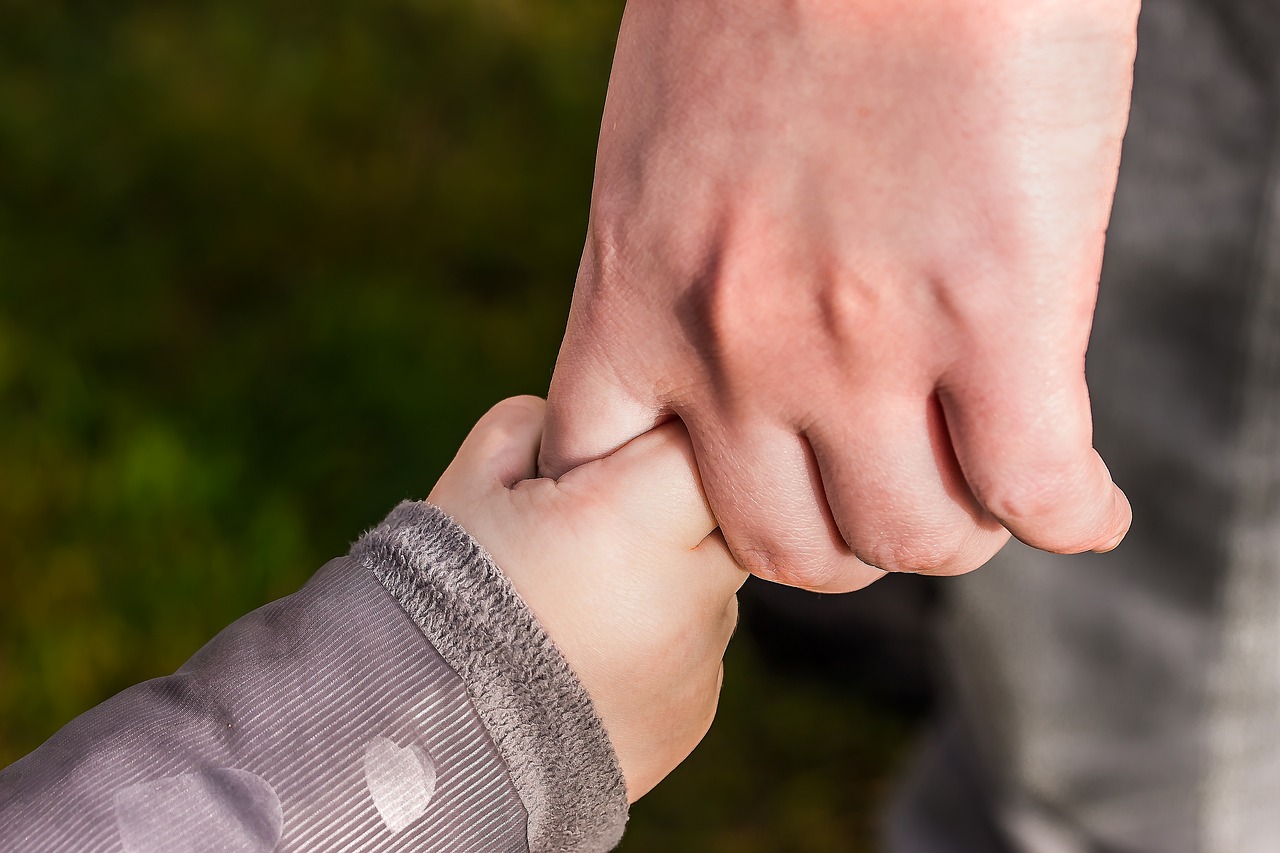Introduction to Caring for Bulldogs
As we delve into the world of canine companionship, it becomes increasingly evident that certain breeds require more attention and care than others. Bulldogs, with their unique physical characteristics and adorable wrinkled faces, are one such breed that necessitates a deeper understanding of their health and well-being. In this article, we will explore the intricacies of caring for bulldogs, highlighting the importance of health and well-being, and providing valuable insights for both novice and seasoned dog owners.
Bulldog Physiology and Health Concerns
Bulldogs, due to their brachycephalic (short-nosed) skull structure, are prone to a range of health issues. Their flat face can lead to respiratory problems, making it essential for owners to monitor their breathing, especially during hot weather or strenuous exercise. Additionally, their compact body and joint structure can lead to mobility issues, such as hip dysplasia and arthritis. Regular veterinary check-ups and a keen eye for any signs of discomfort or distress are crucial for maintaining the health and well-being of these lovable companions.
Nutrition and Diet
A balanced diet is vital for the overall health of bulldogs. Owners should focus on providing high-quality food that meets their specific nutritional needs, taking into consideration their age, weight, and activity level. It is also important to avoid overfeeding, as bulldogs can easily become overweight, exacerbating existing health conditions. A well-informed owner will consult with their veterinarian to determine the best diet for their bulldog, ensuring they receive the necessary nutrients for optimal health.
Exercise and Physical Activity
While bulldogs are not high-energy dogs and do not require extensive exercise, regular physical activity is still essential for their well-being. Short, gentle walks and playtime can help maintain their mobility and prevent obesity. However, it is crucial to avoid extreme temperatures and prolonged exercise, as this can lead to heatstroke and other health complications. As a responsible owner, it is vital to find a balance between providing enough physical activity and avoiding overexertion.
Health and Well-being Strategies
To ensure the optimal health and well-being of bulldogs, owners can employ several strategies. These include:
- Regular grooming to prevent skin infections and maintain their coat
- Providing a comfortable and clean living environment, including a suitable bed and adequate ventilation
- Monitoring their health closely, watching for signs of illness or distress
- Establishing a consistent routine for feeding, exercise, and play
- Staying informed about potential health issues and consulting with a veterinarian regularly
Common Health Issues in Bulldogs
Bulldogs are prone to several health issues, including respiratory problems, skin infections, and joint issues. The following table outlines some common health concerns and their symptoms:
| Health Issue | Symptoms |
| Respiratory Problems | Difficulty breathing, wheezing, blue-tinged gums |
| Skin Infections | Redness, swelling, discharge, bad odor |
| Joint Issues | Limping, stiffness, difficulty walking |
Maintaining Bulldog Health
Maintaining the health of bulldogs requires a proactive and informed approach. As noted in several respected publications, staying up-to-date with the latest research and consulting with experienced veterinarians can provide valuable insights into the best care practices. By doing so, owners can help prevent or manage health issues, ensuring their bulldog leads a happy and healthy life.
Conclusion and FAQs
As we conclude our exploration of caring for bulldogs, it becomes clear that their unique needs and health concerns necessitate a dedicated and informed approach. For those considering bringing a bulldog into their family, it is essential to be aware of the responsibilities and challenges that come with caring for this breed.
Frequently Asked Questions
Below, we address some common questions regarding bulldog care:
Q: How often should I exercise my bulldog?
A: Bulldogs require short, gentle exercise sessions, ideally 2-3 times a day, to maintain their mobility and prevent obesity.
Q: What are the most common health issues in bulldogs?
A: Respiratory problems, skin infections, and joint issues are among the most prevalent health concerns in bulldogs.
Q: How can I prevent health issues in my bulldog?
A: Regular veterinary check-ups, a balanced diet, and a clean living environment can help prevent or manage health issues in bulldogs.
In the world of canine companionship, bulldogs hold a special place, with their affectionate nature and unique appearance. By prioritizing their health and well-being, owners can build a strong and loving bond with their bulldog, ensuring a happy and healthy life for both. As we reflect on the importance of caring for these wonderful creatures, it becomes evident that a well-informed and dedicated approach is essential for their well-being, and by following the guidelines and strategies outlined in this article, owners can provide their bulldogs with the best possible life.

